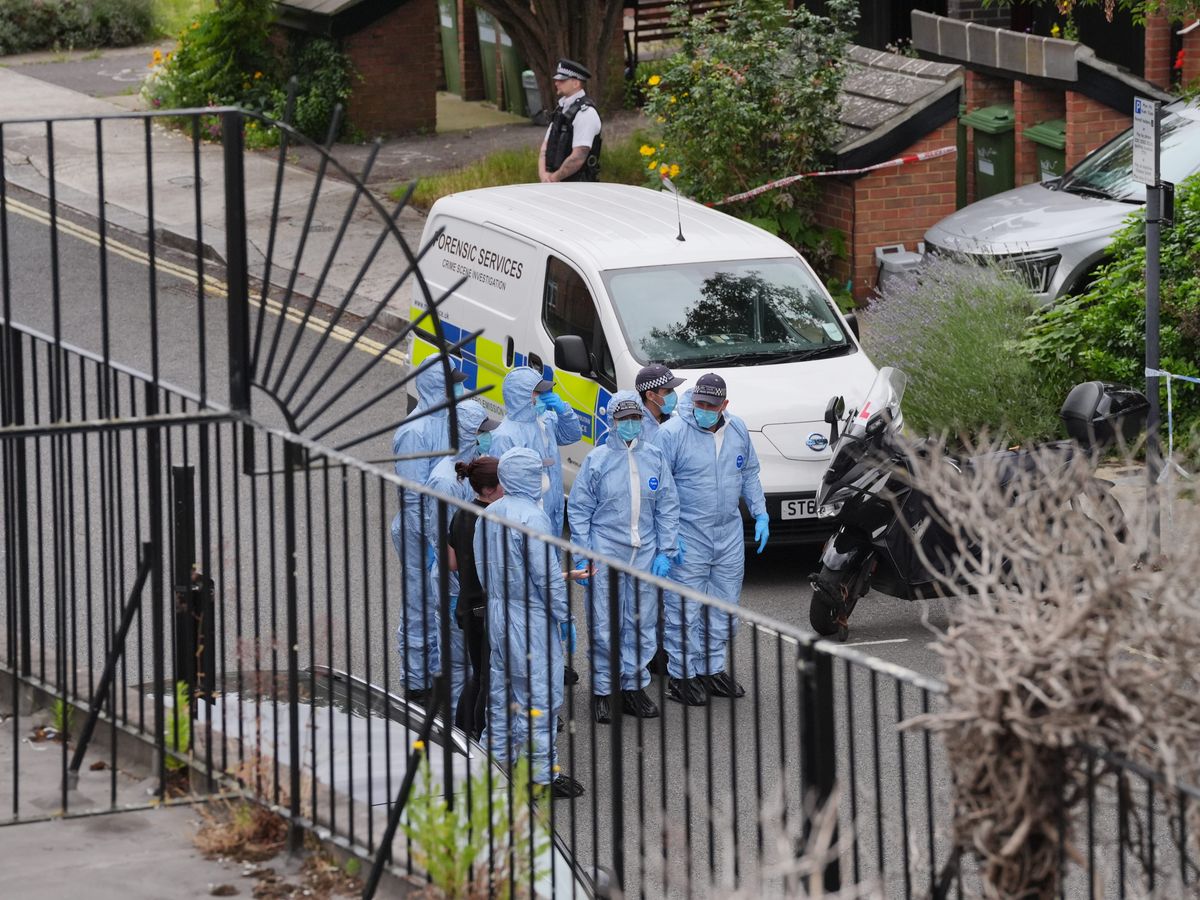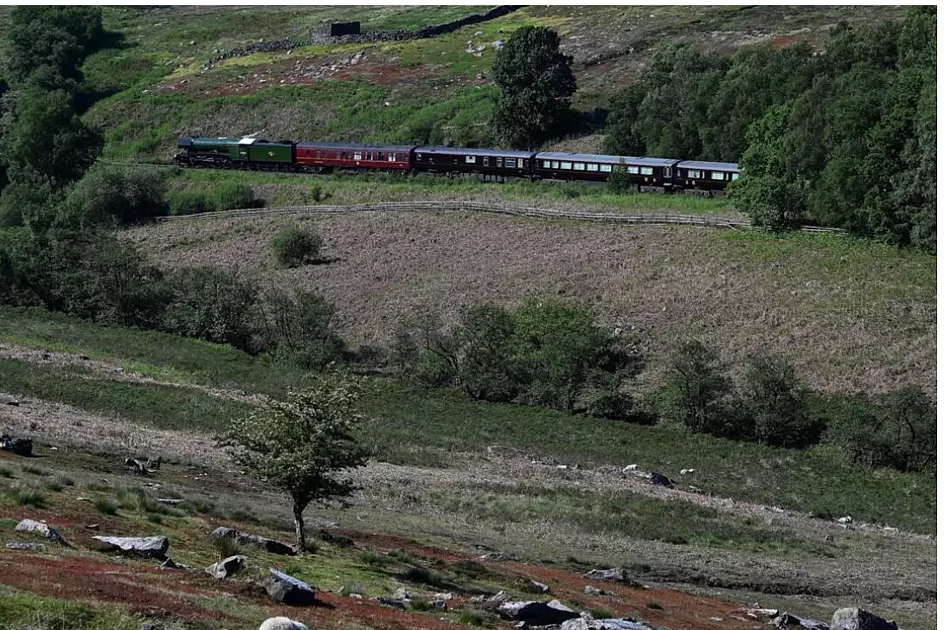Colombian National Pleads Guilty to Manslaughter in London Couple's Death

In a case that has shocked the community, Yostin Andres Mosquera, a 35-year-old Colombian national, has admitted to the manslaughter of Albert Alfonso, one of the two men he is accused of killing in a gruesome incident last July. The bodies of Alfonso, 62, and Paul Longworth, 71, were found dismembered and stuffed into suitcases near the Clifton Suspension Bridge in Bristol. Mosquera, however, denies the charges of murder for both victims, setting the stage for a closely watched trial.
The prosecution, led by Deanna Heer KC, has made it clear that Mosquera's plea to manslaughter is not accepted, and the trial will proceed on both counts of murder. The court heard disturbing details of the case, including that the attack on Alfonso was recorded, with Mosquera allegedly engaging in extreme sexual acts with Alfonso before the killing. The relationship between the three men was described as complex, with Mosquera reportedly visiting the UK multiple times to spend time with the couple, who had entered into a civil partnership earlier in 2023.
Neighbors remembered Alfonso and Longworth as a happy and friendly couple, with Alfonso working as a swimming instructor and Longworth as a retired handyman. The case has drawn attention not only for its brutality but also for the intricate relationships involved, including Mosquera's role as a 'pornographic performer' and the alleged financial arrangements between him and Alfonso.
As the trial opens, the community and the families of the victims await justice. The prosecution is expected to present evidence that Mosquera's actions were premeditated, while the defense may argue the manslaughter plea reflects the true nature of the events. The case underscores the tragic consequences of violence and the complexities of human relationships.




